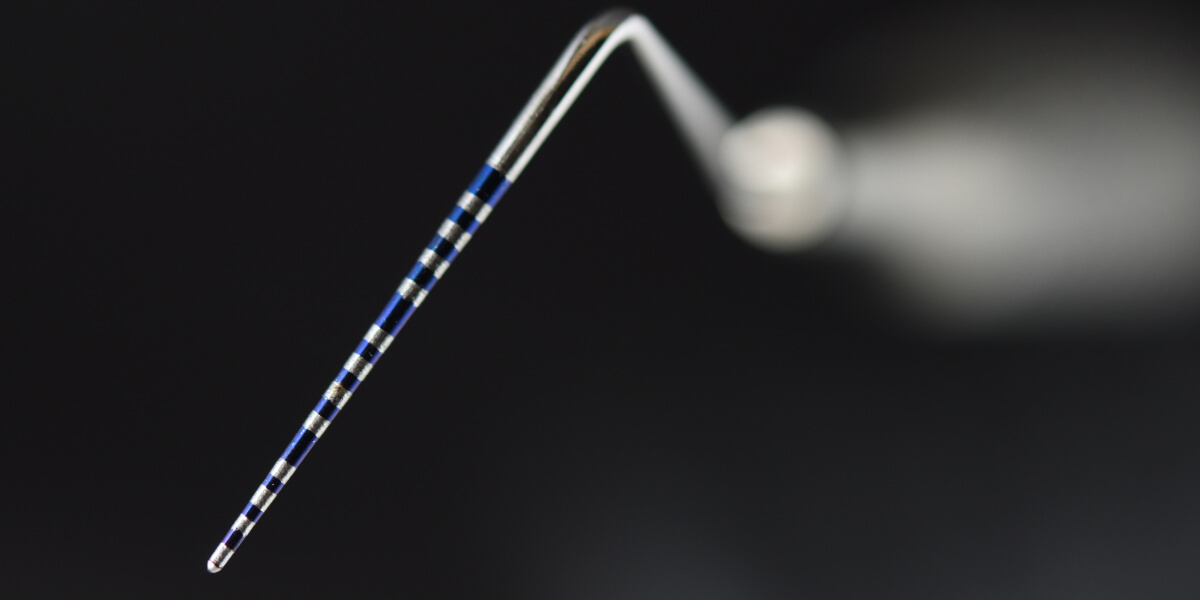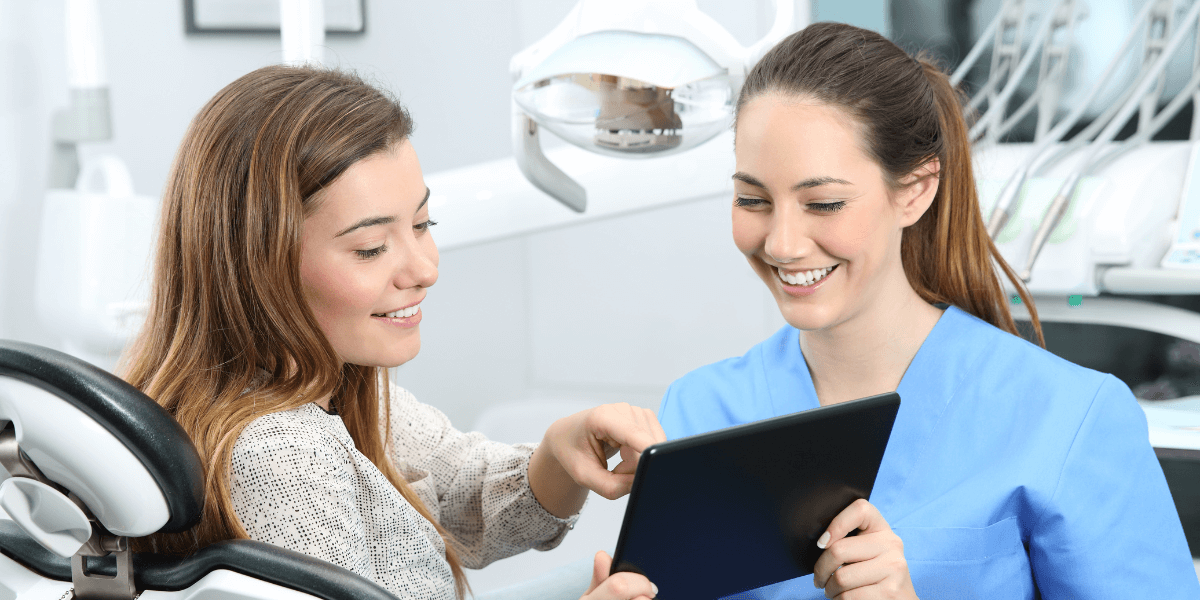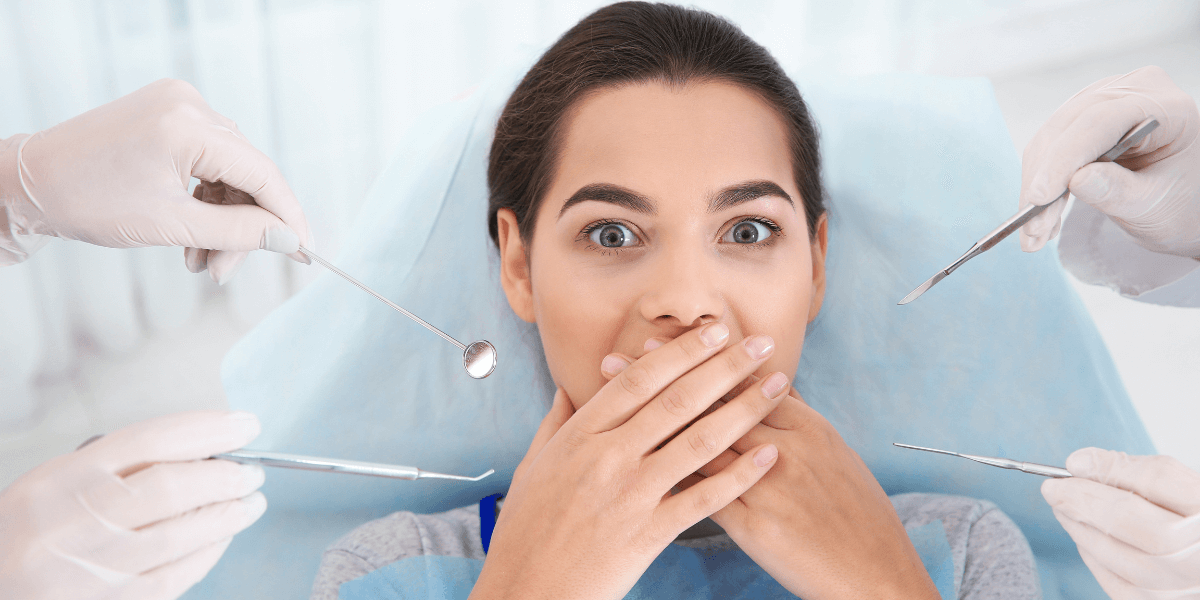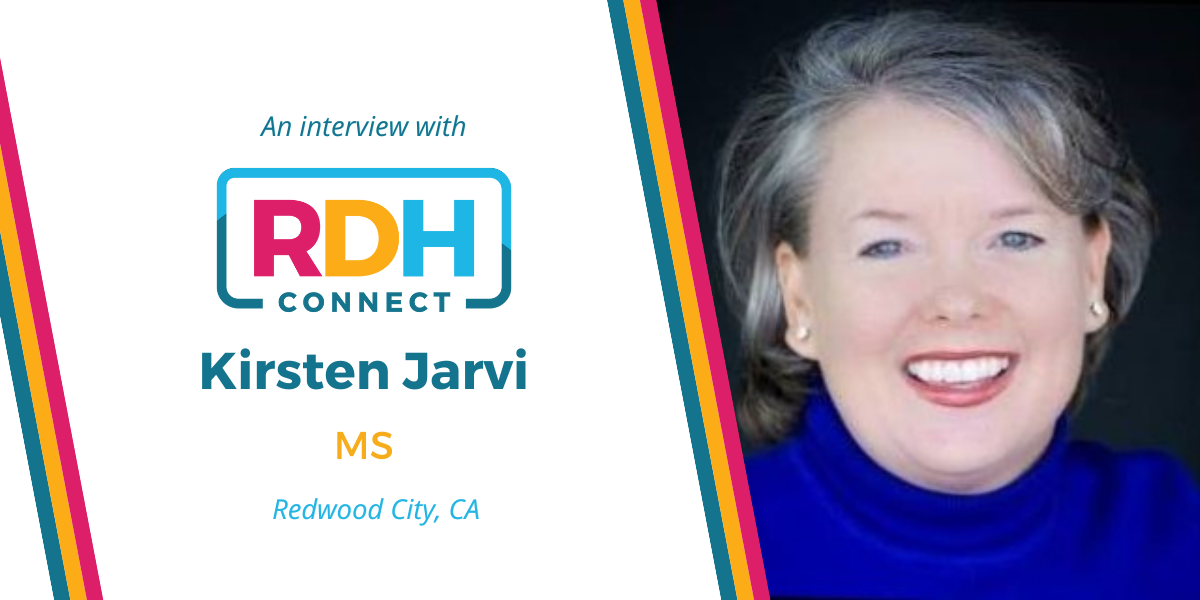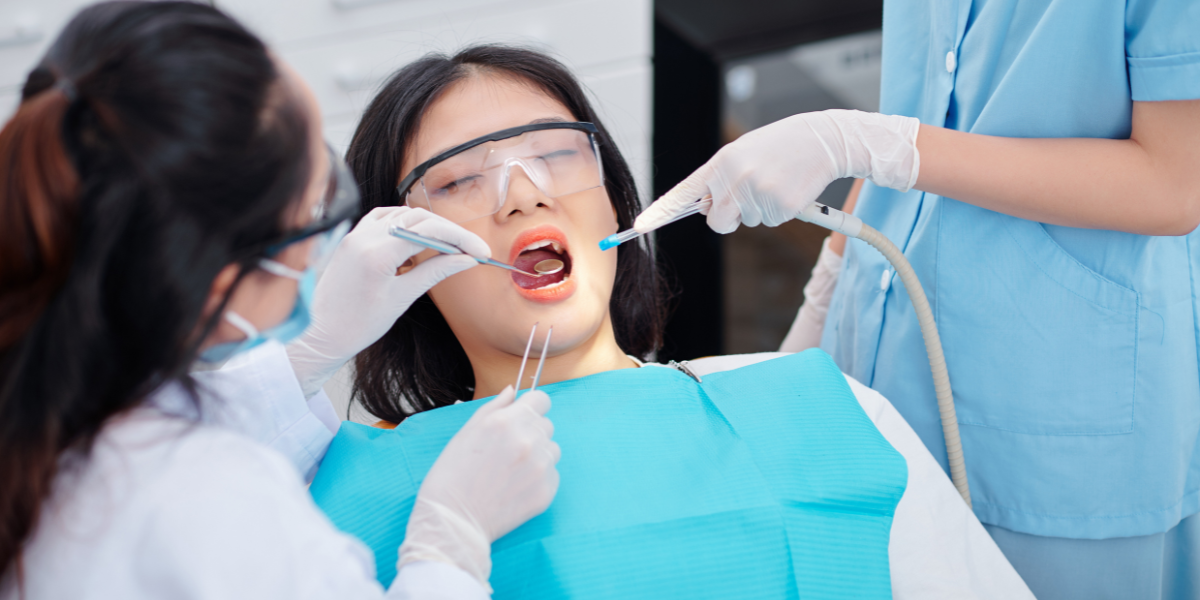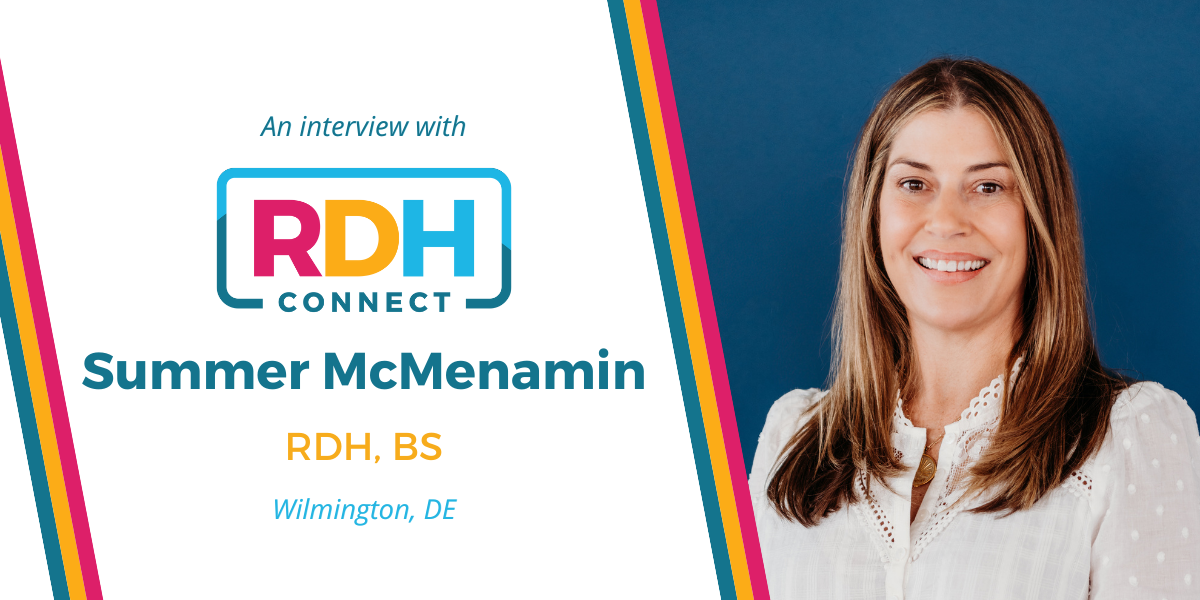
Follow this dental hygienist’s challenging decision to leave clinical practice after a decade due to growing concerns about patients’ inability to afford necessary dental treatments. Frustrated by the perceived inequities in dental care delivery, she explores alternative career paths and finds a fulfilling role as a community health navigator.
The decision to leave clinical practice was not an easy one to say the least. I had worked at the same private general dental practice on and off for about ten years. I had the job that every hygienist dreams of following graduation: Monday-Thursday hours, able to schedule each patient
for the time that I deemed necessary, and the dental assistants and front desk staff were kind and helpful. None of the drama or backstabbing that people often complain of when describing their office dynamics. The staff had become like family and so had many of my patients.
However, the longer I practiced, the more I began to have more and more encounters that tugged at my heart as well as my mind. The scenario went like this: the patient would present “to have my teeth cleaned”, often following up with the statement “I have not been to the dentist in a long time”. After talking with the patient about how their mouth was feeling, going through their medical history, taking x-rays, and periodontal charting, it would be clear that this patient would most certainly need more than “just a cleaning”.
So often patients present to us following long gaps in receiving dental care. This time can vary from a year or two, to someone having never been seen by a dental hygienist because they would only see a dentist when they had a problem. Throughout my decade in private practice, I feel like I encountered everything from the patient who just got their first job with dental insurance to individuals who were suffering both physically and mentally due to the state of their teeth.
Patients would sometimes need such a massive amount of restorative treatment I could see them becoming overwhelmed and when they would see an estimate of how much it would cost them, their faces would fall, and I could feel their disappointment. Dental care so often seems like a luxury that is only available to those who can afford it. This is 2023, and this is not OK!
With the knowledge we have today on the importance of preventive care and overall systemic health, why is this issue not being fully addressed? How many of our patients must “ghost” us because they cannot afford to come in for three-month periodontal maintenance appointments because insurance does not cover it? How many of our regular prophy patients must neglect returning for restorative treatment because they cannot afford the $1500 co-pay for a crown? Before you begin to jump to conclusions about the cars that they are driving and the vacations that they take, you must ask yourselves….what is the disconnect?
Patients not being able to afford their basic dental treatments began to keep me awake at night. Why, when we as dental hygienists know so much about the oral systemic link and teach our patients about it, why is dental care not treated the same as the rest of medical care? Why do we have a separate insurance card for dental and medical? Why are dental insurance companies denying treatment that dentists have clearly stated they need?
These are questions that I needed the answers to because no one deserves to feel insecure about the state of their oral health! After numerous nights of restless sleep, I made a huge decision…..I quit my job in clinical hygiene. This was a bittersweet decision for me. This was my second career in life! I did not become a RDH until I was in my 30’s! Yet, the inequities that I was seeing in the way that dental and dental hygiene care is delivered made me want to use my voice to do something to change this broken system. When you feel something that shakes you to your core, that you KNOW is not right, it becomes VERY hard to stay silent, and that is when I began to explore my options.
It all boils down to the very essence of what drove me to pursue a career in dental hygiene in the first place, helping people. I desire to help people, to take care of them, and to help people value themselves, feel good about themselves. Providing patient education and helping a patient achieve a healthy oral state is something that I thought would be so fulfilling, however that is certainly not what it turned out to be in my case. I know I had the education, and the desire, but what else could I do besides clinical hygiene to improve people’s lives?
Until one day, I came across a job description that sounded like it just might be what I was looking for. This position advertised that it was looking to create a team of people to address individuals’ barriers to care and to encourage and facilitate relationships with their medical and dental providers. The requirements for this position were an associate degree in a health-related field, experience working in a healthcare setting, knowledge and understanding of medical terminology and disease processes, and to effectively be able to communicate preventive health and its benefits. This position even has a title, a community health navigator.
This was right up my alley! Long story short, I got the job! In this position I can do several things to assist with providing resources to help people live a healthier life. I am often able to help people understand complex medical jargon, I can help them with getting rides to their preventive appointments, and I can also inform them of the many services that are available and assist them with navigating how to access those services. I am still promoting the importance of good oral health and the necessity of regular preventive care appointments.
I am also able to explain the oral systemic link, and because it is coming from someone not directly in a dentist office, it is reinforcing what they are being told. While clinical hygiene is at the core of what we as RDH’s do, it is also immensely helpful to reinforce the importance of good oral health benefits.
We are caregivers and educators of prevention by trade, we are able to assist with that in so many other avenues than clinical care. I now want to take time to let other hygienists know that it is ok to need a break from clinical hygiene and pursue something different. Whether it is because of burnout, pain from years in clinical practice, or you just may feel like you have a different calling in life. Many offices no longer offer benefits and are unwilling to provide raises to keep up with salaries, making it difficult to continue working this way. I hear so many reasons that hygienists are looking for alternative career paths and I am here to tell you that you have the education, the knowledge, and ability to do so. While I miss my patients and the immense satisfaction that comes with removing a large bridge of calculus, I feel that I am helping members of the community better right now with this position and learning so much about the ins and outs of the insurance world. I have also learned if you want to inspire and bring about change, you must be able to not only talk the talk, but also be able to walk the walk!
Learn more about Summer McMenamin and her work by visiting her profile.
Register as an RDH Connect member to gain the connections, experience, & exposure to grow your career.

